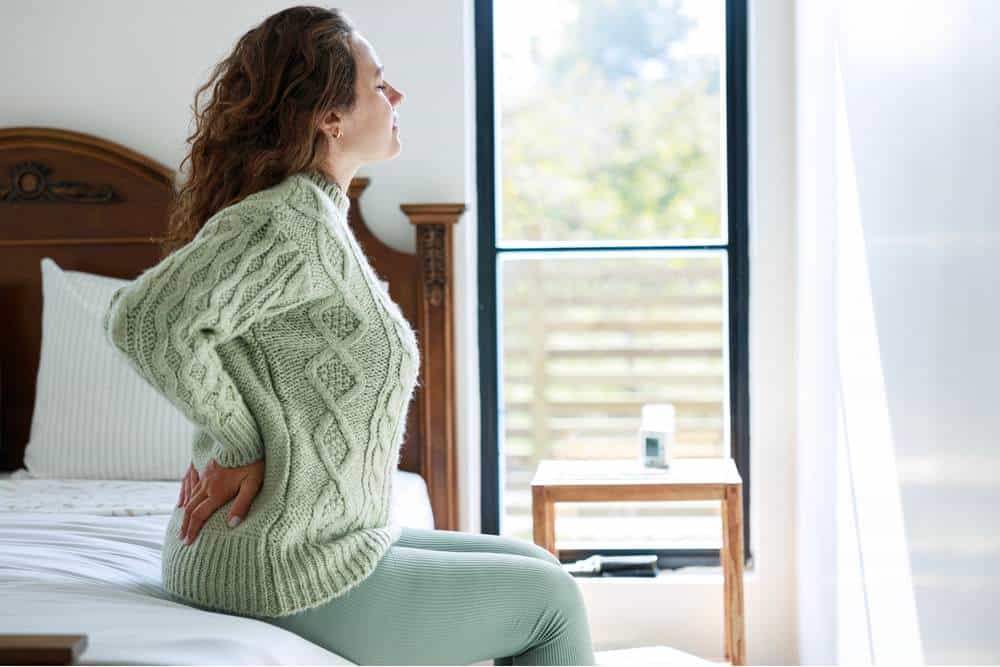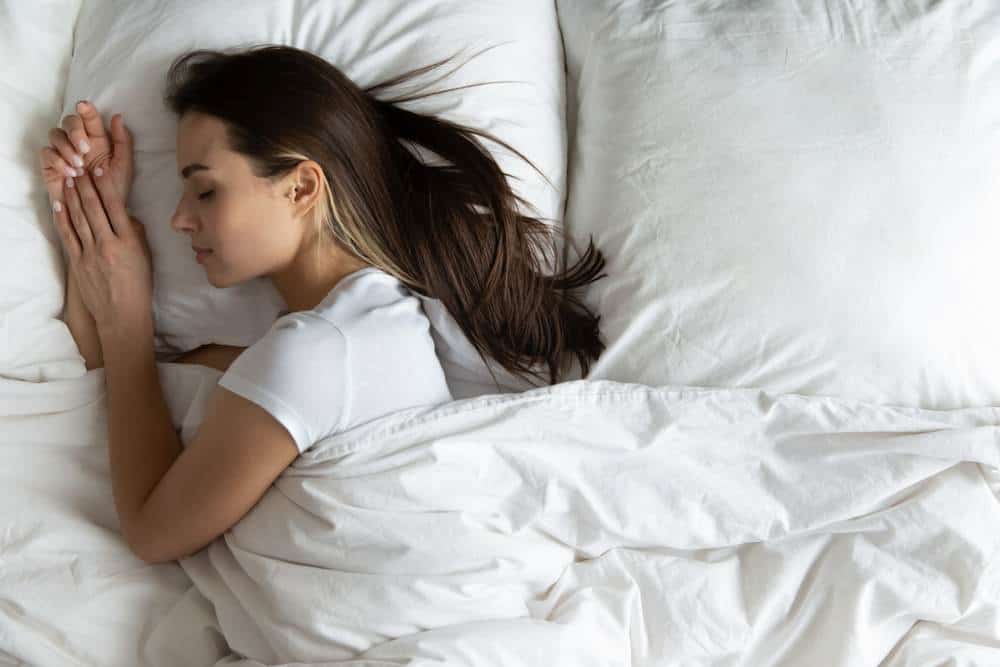The last thing you want to deal with when you wake up in the morning is pain. Whether you are heading to work or looking forward to a weekend of fun, pain in your neck and upper back after sleeping can wreak havoc on your plans and daily routines. Everyone experiences slight aches and pains occasionally, but when you recognize a pattern, it’s time to visit your doctor.
After a good night’s sleep, you should be able to wake up feeling refreshed and ready for the day. Talk to your doctor about any pain you experience when you wake up. You can also check out these neck rehab videos and continue reading for more tips to reduce neck and upper back pain after sleeping.
Dealing with Neck and Upper Back Pain After Sleeping? Here Are Some Reasons Why

There can be several causes of neck and upper back pain after sleeping, including:
Poor Posture
Poor posture while you sleep can result in neck and upper back pain when you wake up. Your sleeping posture significantly affects your body’s ability to relax and rejuvenate while you sleep. If you sleep in an awkward position or with inadequate neck and back support, you could strain muscles in the area and experience pain. Certain sleeping positions without adequate support, like sleeping on your stomach or side, can result in neck and upper back pain after sleeping.
Injuries
Recent head, neck, and upper body injuries could result in neck and upper back pain after sleeping. Car accident injuries such as whiplash or a herniated disc in the neck or upper back can result in symptoms that may become worse with certain sleeping postures or positions. Sports-related and slip-and-fall injuries can also result in muscle strains and other issues that lead to waking up with pain and discomfort.
Pinched Nerve
A pinched nerve can also result in neck pain and upper back pain after sleep. The nerves in and around the spinal cord can become aggravated or compressed, resulting in uncomfortable symptoms. Inflammation, swelling, poor posture, and recent injuries can all result in a pinched nerve. When you suffer from a pinched nerve, you can also experience symptoms elsewhere in the body, including your extremities.
Arthritis
Arthritis causes pain and inflammation, especially in the joints of the body. There are several different types of arthritis with various causes and triggers. Osteoarthritis is the most common form of arthritis and commonly develops with age-related wear and tear. When joints like the vertebrae in your neck and back become inflamed, this can result in restricted mobility, pain, and discomfort. Certain sleeping positions may also exacerbate symptoms of arthritis.
Tips to Keep Your Neck and Upper Back Pain-Free in the Morning
If you experience persistent neck and upper back pain when you wake up in the morning, it’s important to speak with a trusted healthcare professional. Your doctor can determine the underlying cause and develop an appropriate treatment plan. Here are a few tips to keep in mind that can help you wake up pain-free in the morning:
Stretch Before Bed
Gentle stretches and exercises before bed can help loosen up any tight neck and upper back muscles. Activities like yoga with low-impact stretches and exercises can be a great way to help your body wind down and prepare for a restful night’s sleep. When you stretch before bed, you will also encourage your muscles to better support your spine so you can sleep with a neutral spine. You may also consider applying heat or ice to your neck and upper back if you have pain and inflammation in the area before you go to bed.
Keep a Neutral Spine When Sleeping
One of the best ways to ensure a pain-free morning is to maintain a neutral spine while you sleep. A neutral spine means maintaining a healthy posture from your head to your lower back. Certain sleep positions, like sleeping on your stomach, can put your back in an awkward position and increase pressure on your neck and upper back. You may need to experiment with sleep positions to find the most comfortable for you. Improving your posture throughout the day can also help reduce strain on your neck and upper back muscles, which can help you get a better night’s sleep.
Get the Right Pillow & Mattress for Your Needs
Your pillows and mattress can also play a significant role in keeping your neck and upper back pain-free in the morning. A good mattress should support your spine so you can lie down comfortably and maintain a neutral spine. Supportive pillows are also important for keeping stress and pressure off your neck and upper back. Whether you’re a back, side, or stomach sleeper, supportive pillows are designed to keep your neck in a neutral position and your spine properly aligned while you sleep.
The Way You Get Out of Bed is Important, Too!
You might be surprised to know that there is a proper way to exit a bed to prevent injuries or pain. The best way to exit your bed safely is to first roll onto your side, facing the edge of the bed. Then use your arms to gently push your upper body up from the bed while your legs and feet hang off the edge. As you raise into a seated position, you want to plant your feet firmly on the ground. Take a few deep breaths before you stand up slowly and gain your balance.
Tips for Different Sleeping Positions and Reducing Pain

Neck and upper back pain after sleeping can negatively impact the rest of your day and may even disrupt your next night’s sleep too. Here’s what you need to know about different sleeping positions and tips for reducing pain and discomfort:
Back Sleepers
Sleeping on your back can allow you to maintain a neutral spine while you sleep. You need a pillow that properly supports your neck and keeps your head aligned with your spine. Avoid pillows that are too high or too flat, as they can put additional strain on your neck muscles. You may also consider using a pillow under your knees to help maintain a neutral position in the spine.
Side Sleepers
Sleeping on your side is popular and can be done properly with the right support. Choose a pillow with enough support to keep your head and neck aligned with your upper back. You may also use a body pillow to better support your upper arm so your shoulder doesn’t collapse inward toward your chest. A pillow between the knees can also help to keep your hips aligned while you sleep.
Stomach Sleepers
Sleeping on your stomach can put additional stress and strain on your body and cause pain. If you must sleep on your stomach, consider sleeping with a thin pillow or no pillow at all, otherwise, you risk twisting your neck at an elevated angle. You may also consider using a pillow under your hips to help keep your stomach and lower back from sinking into the bed.
Finding Relief for Neck and Upper Back Pain After Sleeping
Visit a Pro-Care chiropractor near you and find lasting relief for neck and upper back pain after sleeping. Chiropractic care provides an all-natural approach to diagnosing and treating your pain so you can return to your regular routines and activities you enjoy. Schedule an appointment today at a Pro-Care Medical Center near you and learn how to get a good night’s sleep and wake up pain-free.



